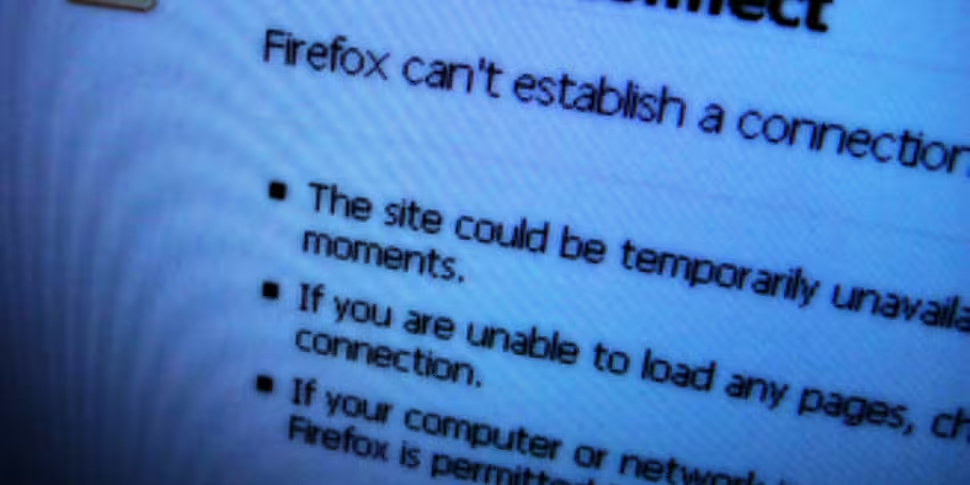Today sees several of the major record labels taking to the Commercial Court in an ongoing attempt to force several of Ireland’s Internet service providers (or ISPs) - including Imagine, UPC, Vodafone and Telefonica - to block access to the file-sharing site The Pirate Bay. Eircom have restricted access to the torrent hub since 2009. Whether or not today’s hearing will offer a definitive verdict, the ongoing case marks the latest in a long-running effort by content owners to protect their intellectual property.
Earlier this week, figures from the UK’s OFCOM illustrated the scale of piracy. In the UK alone, they estimate that over 386m songs, films, TV shows and games were illegally downloaded, with approximately one in six Internet users accessing content through illegal sources. Given the notoriously complex nature of networking, the wealth of ways to access content and the various techniques tech-savvy users can apply to ‘disguise’ their activity, it’s not too much of a stretch to suggest the figures might even represent a significant underestimate.
Three strikes?
Music, TV and film companies have tried various methods to limit the piracy of their produce, including taking legal action against sites hosting illegal content, individuals uploading the content and even sometimes those downloading it.
However, with the content providers unable to take legal action against every individual offender (although they have tried: several companies in the US, including the producers of The Hurt Locker and anime provider Funmation, have attempted mass lawsuits of thousands of downloaders, but the cases have by-and-large been thrown out of court or drastically scaled back) they have instead tried to focus on getting the ISPs to restrict access to the illegal content in the first place.
This approach has met with varying levels of success. On one hand, ISPs like Eircom have introduced ‘three strikes’ policies, which aim to cut the Internet services of repeat offenders. Earlier this year, many of the major US ISPs agreed to begin instigating a ‘six strikes’ policy, with an escalating series of warnings and actions taken against downloaders and file-sharers. In the UK, there have been successful court cases that require ISPs to block specific sites hosting illegal content - including a ruling last week that saw access to two movie streaming sites blocked.
However, in Ireland particularly the situation has proven much more complicated. Many ISPs have announced their reluctance to enforce restrictions or obey requests to hand over the personal details of users to the content providers that actively monitor peer-to-peer networks for IP addresses infringing their copyright. UPC, for example, have successfully fought efforts to force them to establish a ‘three strike’ rule. The European Union, meanwhile, has rejected the controversial Anti-Counterfeiting Trade Agreement despite initially signing the proposed international Treaty.
"A wasteful venture"
The pirates themselves maintain that blocking sites is a futile exercise given the innumerable measures and proxy technologies that can be used to quickly bypass restrictions (trying Googling 'eircom pirate bay' - the first results are all for working around the block). A Pirate Bay spokesperson told the BBC "in such an interconnected world, blocking and censoring websites is a wasteful venture...There are so many workarounds available that it makes me wonder what the point of such a block in the first place.”
The Pirate Bay itself has been constantly forced to relocate their servers and operations to different countries & territories. However, it remains in operation despite the numerous legal actions that have been taken against its founders (including jail time and massive fines in their native Sweden). The legal complications further illustrate the challenges of various separate states trying to govern what is, in many ways, an oftentimes borderless Internet.
The process of implementing anti-piracy measures is extremely complicated and fraught with legal and practical uncertainties. Even though content providers may win some individual battles, the war against piracy will wage unabated for a long time yet.









